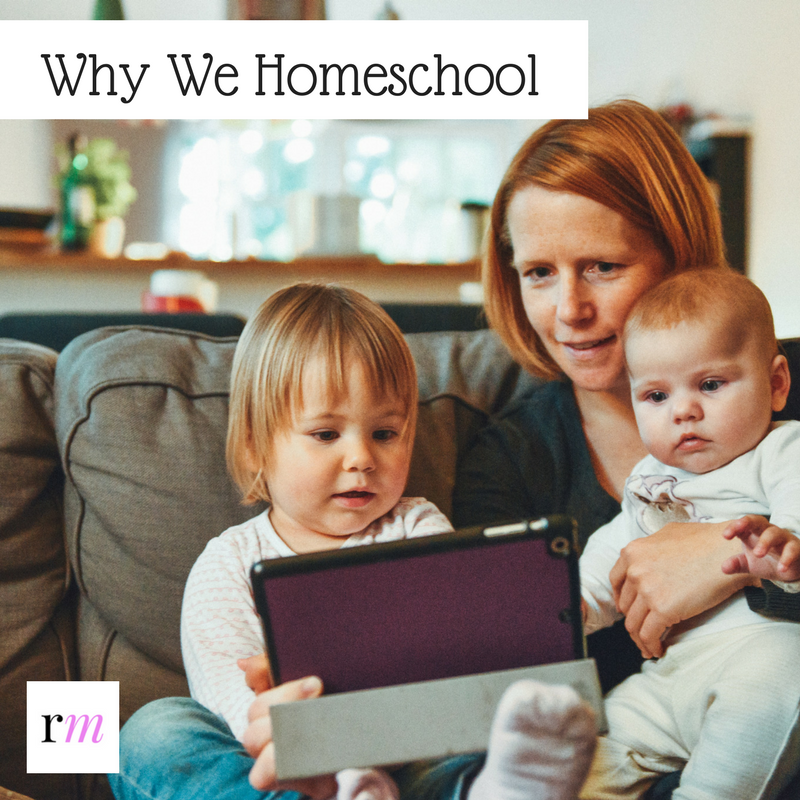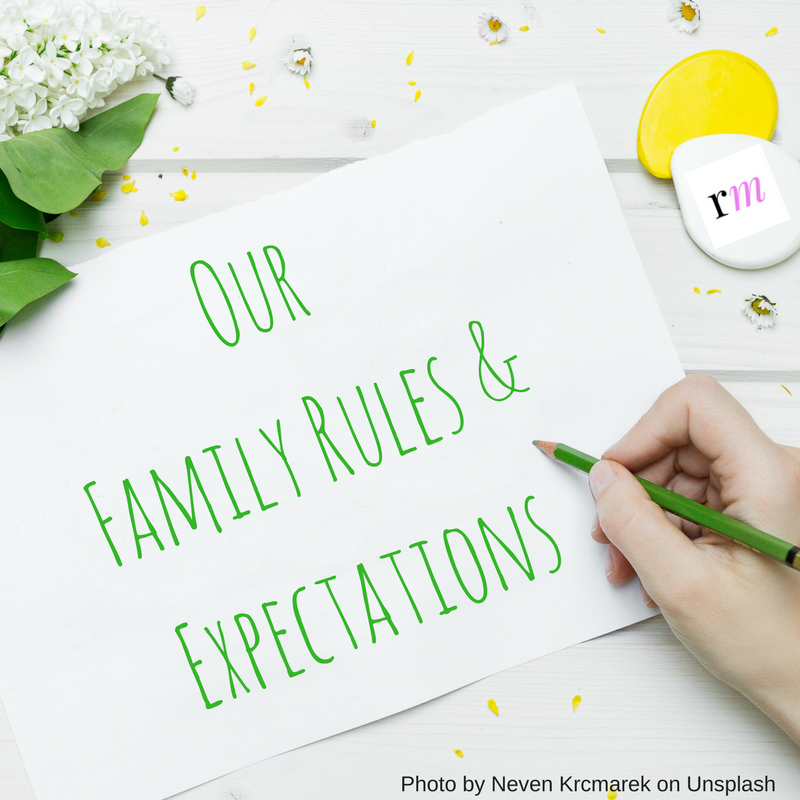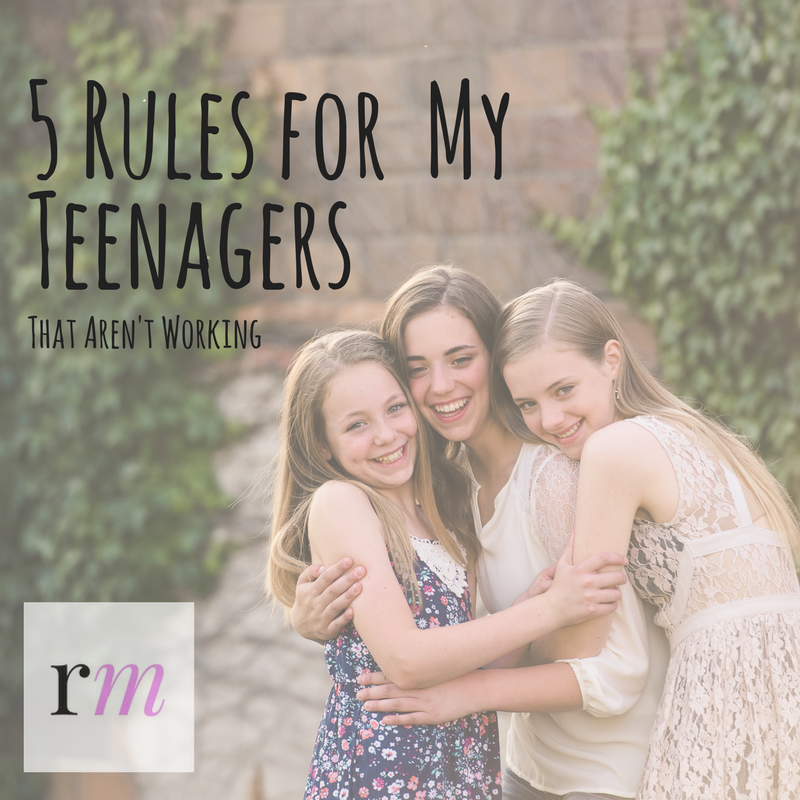Why We Homeschool
When you choose to do something counter-cultural (like homeschooling), your choice tends to offend people. They see it as a criticism of their own choices, even if you don’t see it or phrase it that way. For that reason, when I explain why we homeschool, I try to express our decision in terms of why homeschooling is good, not why institutionalized school is bad. My oldest three children actually attend “normal” schools – one at a public school, and two at a Catholic school. I would rather be homeschooling them, but I also think it’s still possible for us to work with the schools to give the kids a firm moral and intellectual foundation.
I advise everyone to at least consider homeschooling. Don’t just send the kids off to school because that’s what your parents did, or because that’s what all of your friends are doing. Take the time to make an informed, conscious decision one way or the other, even if your kids are older and have already been attending school (although I will warn you that pulling kids out of school to homeschool comes with some extra challenges to overcome).
Here are the main reasons we decided to homeschool:
- Homeschooling allows me to spend more time with my kids. As a new mom, more than 16 years ago, I felt like I was going to be changing diapers and waking up in the middle of the night to feed the baby FOREVER. Isaac’s childhood stretched out in front of me seemingly without end. I couldn’t imagine him ever being a toddler, or a middle-schooler, let alone an adult. I thought I had plenty of time to get to know him, and play with him, and teach him everything I wanted him to know. I enjoyed my time with him (for the most part), but I didn’t see it as precious, or as any more valuable than my time spent doing other things I enjoyed (work, social events, etc.). Now, I know better. Childhood is short. Our window of opportunity to guide and shape – and just enjoy – our children is small, and I can’t squeeze everything that I want to in between the time school gets out and bedtime.
- Homeschooling makes it easier for our family to be the primary influence in my children’s lives. I think there was a time when a parent with traditional Christian values could trust that their children’s school was reinforcing those values. I think that time has come and gone. I used to think that people who homeschooled because they didn’t want “the government” imposing its values on their kids were paranoid, but I’ve come to agree with them. I also don’t like the idea of my kids spending more time with their peers than with me, their siblings, or their extended family. They have made great friends through school, but they’ve also made some not-so-great friends and been exposed to ideas and behaviors that have not been a good influence. I don’t want them to live in a bubble, but I do want to make sure that their understanding of right and wrong, their purpose in life, and their foundational values come from me (and my husband) and no one else.
- Homeschooling gives me control over what they’re kids are learning. I find it close to impossible to keep up with what my older kids are learning in school. I help with the occasional homework problem and test preparation, but I usually only see a tiny fraction of what they’re doing. I’ve never been able to figure out how to find time to volunteer in their classrooms, nor do I ever learn anything particularly useful at parent-teacher conferences. I don’t like that. I am not a control-freak – I’m really not – but the fact that I basically have no idea what 3 of my kids are doing for 8 hours a day scares me. I want to know what they’re learning, and more than that, I want to choose what they’re learning. I love having the freedom to find a Language Arts and Math program that I like, to choose crafts that the kids and I really enjoy, to use real-world situations as learning tools, and to incorporate my faith and values into every subject.
- Homeschooling lets the kids learn at their own pace. One of the reasons we initially homeschooled my two older boys was that they were struggling in school. I’ve read over and over that when kids (boys especially) struggle early on in their school career, the messages they get are:
- I’m stupid.
- Teachers don’t like me.
- School is stupid.
When you homeschool, you can choose a curriculum, and a level within that curriculum, that’s best suited to your child’s learning style and interests. They don’t have to be put in the slow reader group, or stay inside from recess to get extra help, or get their name on the board every day because they can’t sit still. There are many children (again, boys especially) for whom traditional classroom-style instruction isn’t very effective and can actually discourage them from ever putting much interest or effort into their education. If you want to learn more about the problems facing boys in schools today, I highly recommend reading Boys Adrift: The Five Factors Driving the Growing Epidemic of Unmotivated Boys and Underachieving Young Men, by Leonard Sax.
- I admire other homeschool moms. I have met many homeschool moms over the years whose character and lifestyle I admire. I want to be like them. Some of the qualities of homeschool moms I’ve known that stand out to me are:
- They have a strong faith, and they’re able to articulate what they believe and why.
- They’re well-informed about educational issues and childhood development.
- They love kids.
- They are peaceful.
- They are joyful.
- They aren’t judgmental, but they aren’t afraid to express their opinions, even unpopular ones.
- They’re smart and well-read. They like to discuss current events, faith issues, history, literature, and other “deep” stuff.
- I admire other homeschool kids. I want my kids to be like them. Some of the qualities of homeschool kids I’ve known that stand out to me are:
- They are friendly and outgoing (not backwards and weird, which is the stereotype).
- They are polite and respectful.
- They know how to interact with all ages of people, from babies to adults, in an appropriate manner.
- They’re smart and well-read. They like to discuss current events, faith issues, history, literature, and other “deep” stuff.
- They are passionate about their education. They independently pursue information on topics that interest them.
- They enjoy being with their families.
- Homeschooling socializes my kids by people and situations I choose, not by a random sample of their peers trapped in a classroom, playground, or bus together. One of the biggest criticisms of homeschooling that I get is that I’m depriving my children of proper socialization. How will they learn to get along with others if they don’t go to school? Won’t they be weird and awkward and never be able to fit in or make friends if they aren’t with their peers all day? My response is this: I want my kids to learn their social skills from me, not from a classroom or playground filled with dozens of kids their age. When it comes to how to be a good friend, or how to behave in public, or any other social skill I can think of, I can do a better job of teaching my children than a busload of 7-year-olds. I have no desire to help my kids “fit in” or be “normal.” I’ve seen “normal,” and I don’t like it. Also, in their adult lives, our children will no longer spend most of their time with large groups of people their exact age. School trains kids how to act at school, perhaps, but it doesn’t give them the opportunity to interact with multiple ages of people in multiple settings, which is what homeschooling does, and which is what real adult life is like.
- Homeschooling is fun. When people find out that I homeschool, a typical reaction is that I must be either a saint or a glutton for punishment. I am not either of those things – not by a long shot. I enjoy almost everything about homeschooling. I enjoy being with my kids. I enjoy the flexibility. I enjoy picking out curriculum and projects and books at the library. I enjoy reading out loud, snuggled up on the couch, for as long as the kids and I want to. I enjoy being at home. Of course, there are plenty of things I don’t exactly relish, and homeschooling can sometimes be an overwhelming responsibility. But the highs far outweigh the lows.
- I get to learn alongside the kids. I have always loved learning. As a homeschool teacher, I have a great excuse to continue learning more about subjects I love, as well as those that I hated as a child but have now come to appreciate. It is also fascinating and deeply satisfying to watch my children learn a new concept and realize that I had a role it that process. When Esme finally read her first sentence, I was absolutely amazed that she and I had managed to do such a thing without anyone else’s help.
- Homeschooling is successful. I’ve heard horror stories, and they can be truly horrible. In Iowa right now, some legislators are seeking stricter homeschool regulations because of a “homeschooling” couple who neglected and starved their teenage daughter until she died, weighing less than 60 pounds. But overwhelmingly, homeschooled children are happy and loved. They do well on standardized tests and in college. Parents without teaching degrees, or college degrees of any kind, can homeschool their children through high school and achieve the same educational results as a traditional school, or better. The number of tools and resources available to homeschool parents is almost infinite, and there are solid options at every price point. And academic success, for my family, is secondary. The true measurement of the success of my homeschool is the character of my children. Regardless of what degree they earn, career they choose, or how much money they make, I want my kids to know Jesus, love him, and share him with the people around them. If they do that, then I will have educated them successfully.
Do you homeschool, or do you send your kids to a public or private school? Leave us a comment and tell us why!




Pingback: Practicing Downward Mobility with Henri Nouwen - Radical Motherhood